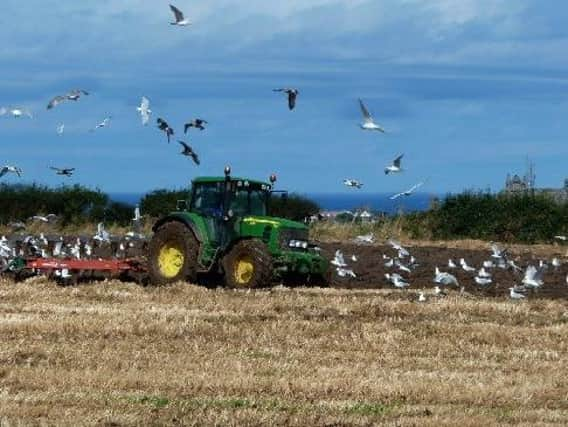Ribble Valley farmers urged to check slurry and management storage during wet weather


With many slurry stores near to full capacity, the Environment Agency has seen increasing frequency of land-spreading activity in recent days. Whilst this is usually a good time of year to start planning and applying organic manures, recent weather and land conditions are, in many cases, unsuitable. The potential environmental impacts of slurry pollution are severe. Slurry damages wildlife and habitats which is why regulations are in place to protect against this. The Farming rules for water, brought in in April 2018 set out simple rules which land owners, managers and farmers need to follow. The rules are available online, and it is extremely important if you are involved in slurry spreading, that you read and follow these rules to avoid enforcement action. These rules apply to farming or horticultural practices, such as; using and storing organic manure or manufactured fertiliser, planting and harvesting, soil management, managing livestock on your land. If the rules apply to you, you must take reasonable precautions to reduce the risk of pollution when you apply manure or fertiliser as well as taking into account risk factors for runoff when deciding where to store manure on your land.
Ben Wilson, from the Environment Agency, said: “If you feel that you are under pressure in terms of your slurry storage and management, we advise that you contact the Environment Agency to discuss this. We may be able to work with you to address the issues you are having, and minimise environmental risk. Many of the reports we have received recently, represent breaches of these regulations. We will be undertaking enforcement action where appropriate, and recharging for time under the polluter pays principle. The pattern of our climate in recent years has changed, and may well continue to do so. It is extremely advisable to consider your slurry storage arrangements, and if you have sufficient capacity to cope through what are increasingly become warmer, wet winters. Anyone with concerns can contact us on 03708 506 506 or e-mail [email protected]”
Advertisement
Hide AdAdvertisement
Hide AdNFU Cumbria County Chairman, Ian Bowness, said: “All farmers want to make sure that they manage their land productively but problems can arise, especially when the weather is exceptionally wet. If a farmer is experiencing problems the guidance has always been to be proactive and contact the Environment Agency who will try and offer advice to help alleviate the situation.”